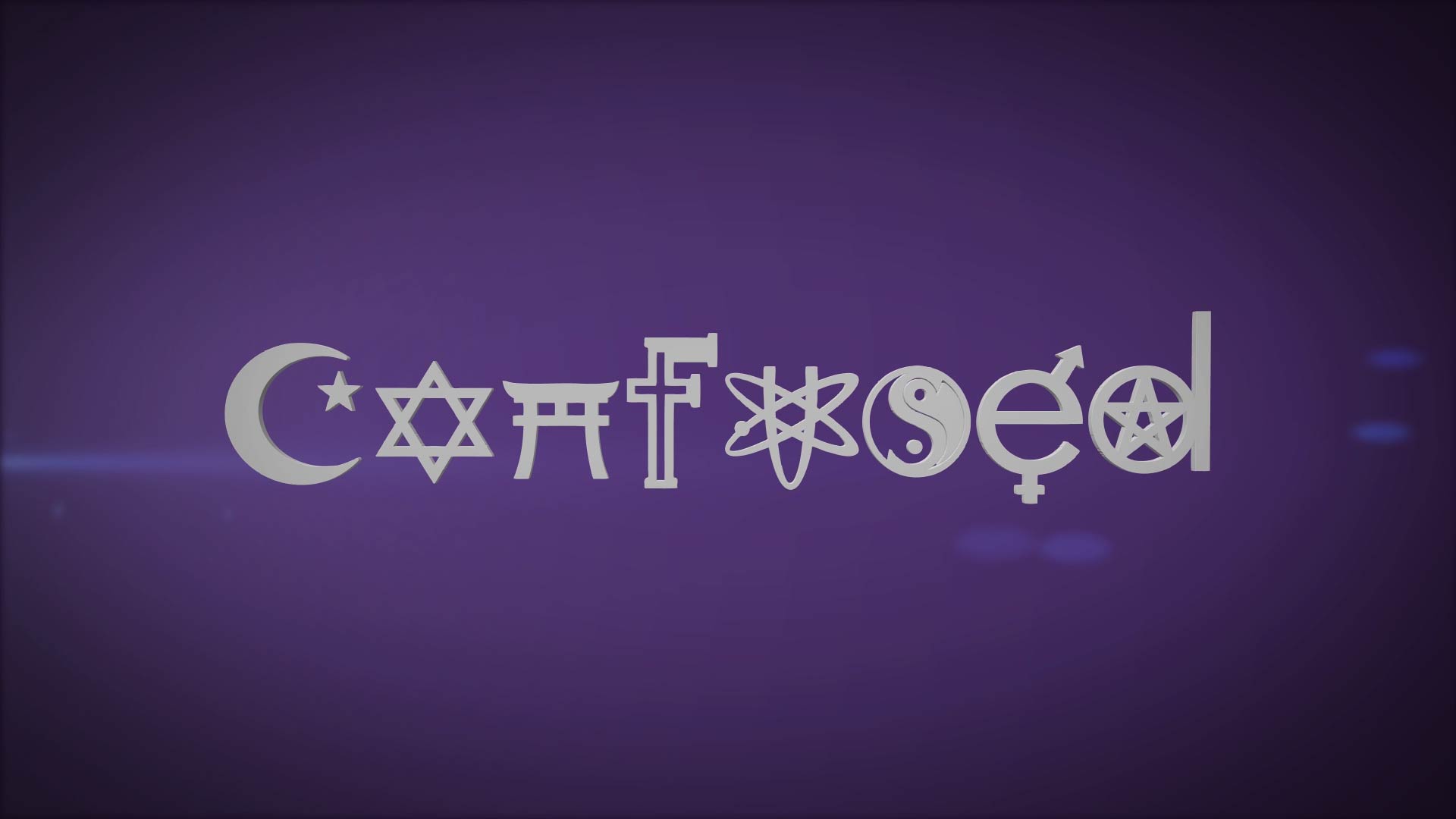“The God who made the world and everything in it is the Lord of heaven and earth and does not live in temples built by human hands.”
Acts 17:24
Over the weekend I listened to a man from another faith describe what we have in common. Much of what he said was agreeable, but when he used the word “god” his definition is quite different from the God described in the Bible. It reminded me of an idea that has crept into the minds of many people I know, both inside and outside of the church. The term is Moralistic Therapeutic Deism and it was coined by a sociologist who was studying the faith of teens in the United States. Christian Smith summarizes MTD in five points:
- A god exists who created and ordered the world and watches over human life on earth.
- God wants people to be good, nice, and fair to each other, as taught in the Bible and by most world religions.
- The central goal of life is to be happy and to feel good about oneself.
- God does not need to be particularly involved in one’s life except when God is needed to resolve a problem.
- Good people go to heaven when they die.
If you’ve spoken with others about faith, you’ve heard these kinds of things before and certainly the statements agree with some parts of the Christian faith. There is a God. We should be good to others. There is nothing wrong with being happy. The problem is that MTD presents an incomplete view of the Faith.
I’ve referred to this quote many times, but A.W. Tozer observed that “what comes into our minds when we think about God is the most important thing about us.” Tozer understood the importance of how we view God and Moralistic Therapeutic Deism presents a particular view of God that is shared by many in the 21st Century and it is generally meaningless and lacks substance.
Read through the list above again and give it some thought. What can you agree with? What concepts present a challenge?


0 Comments